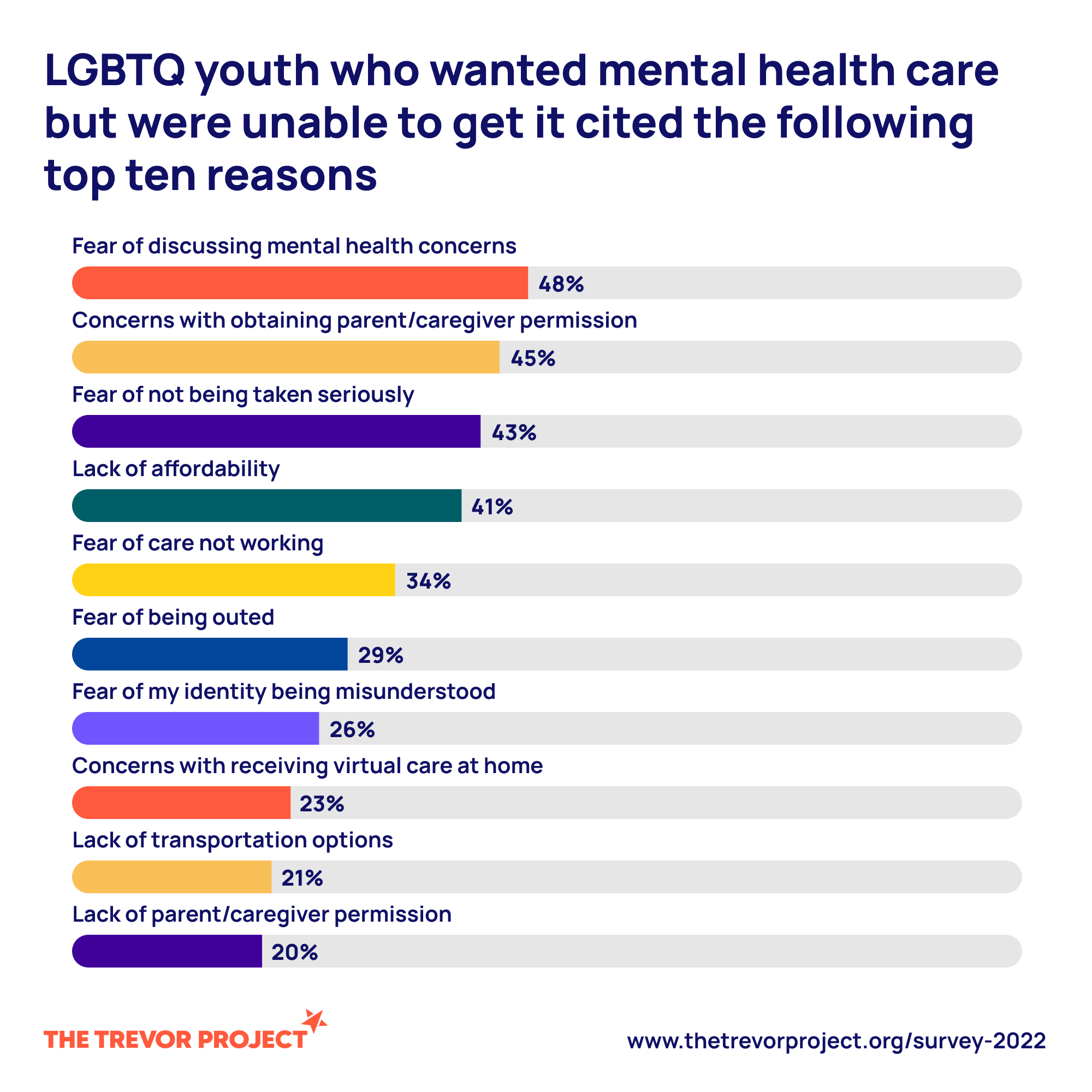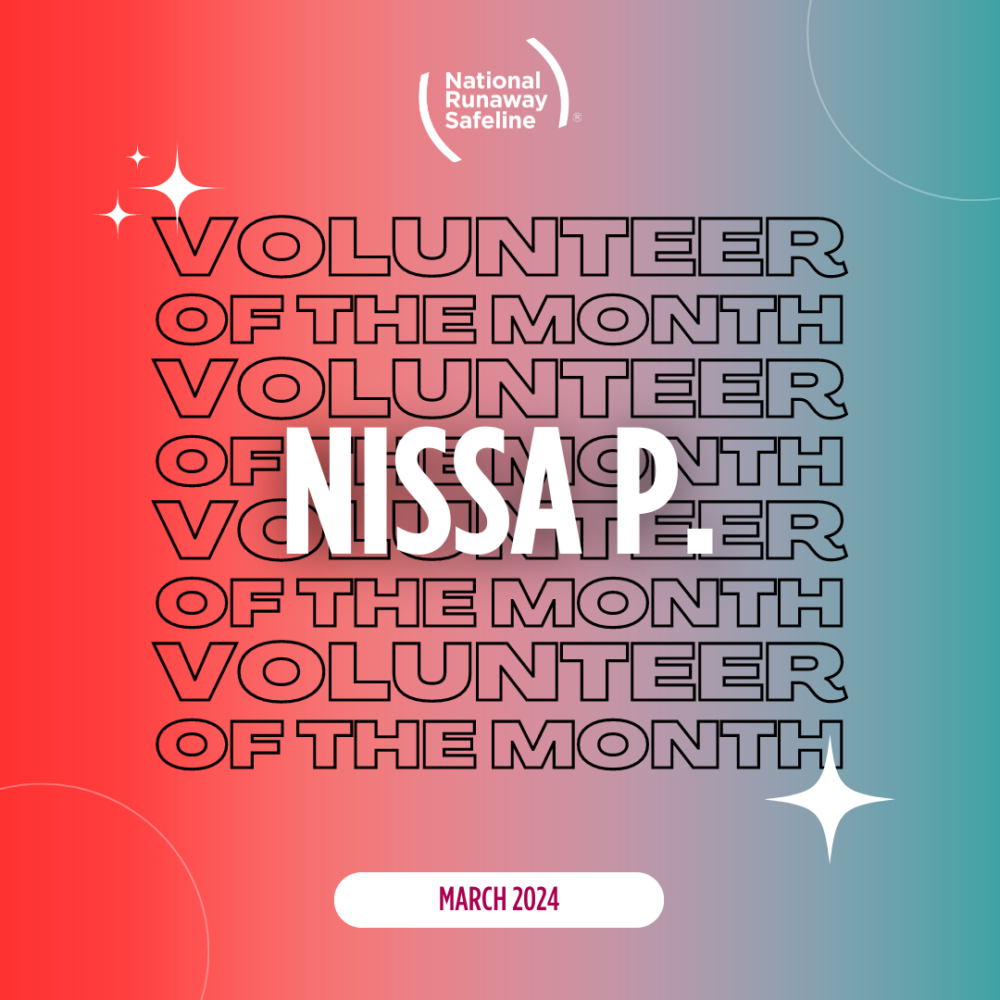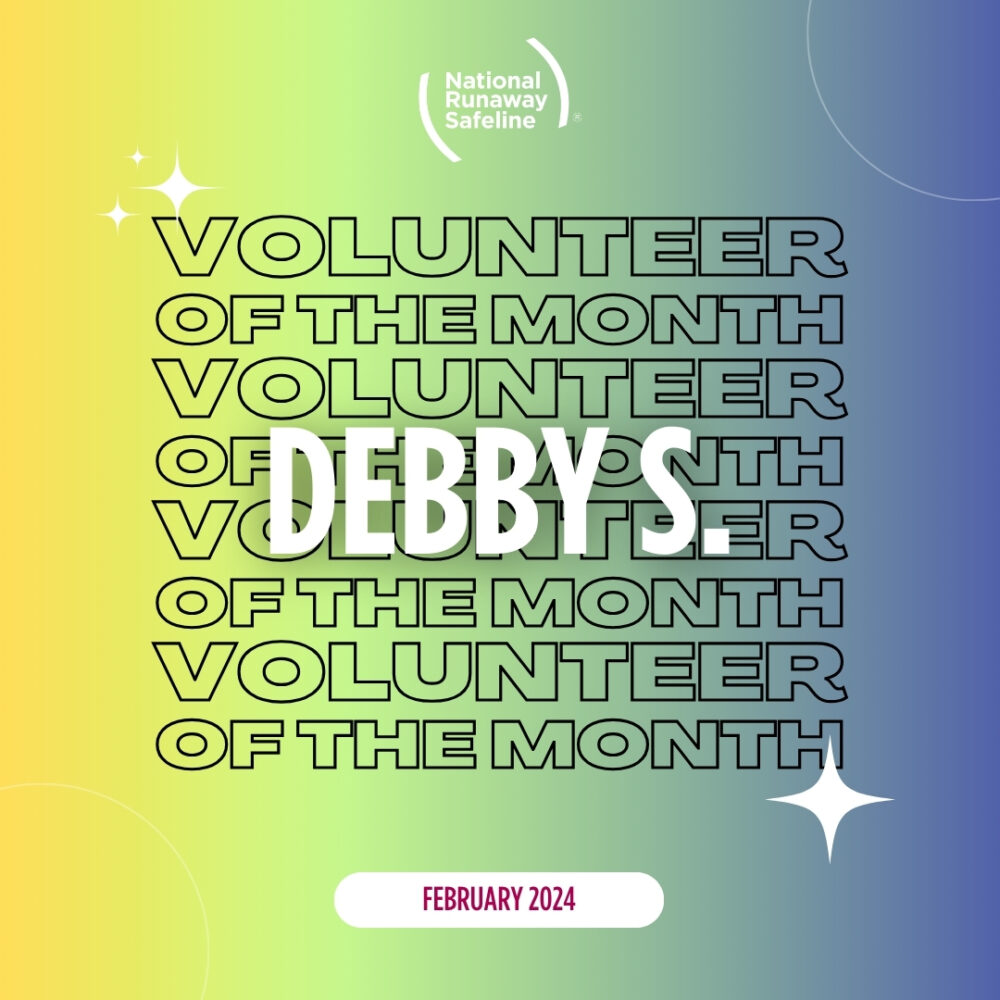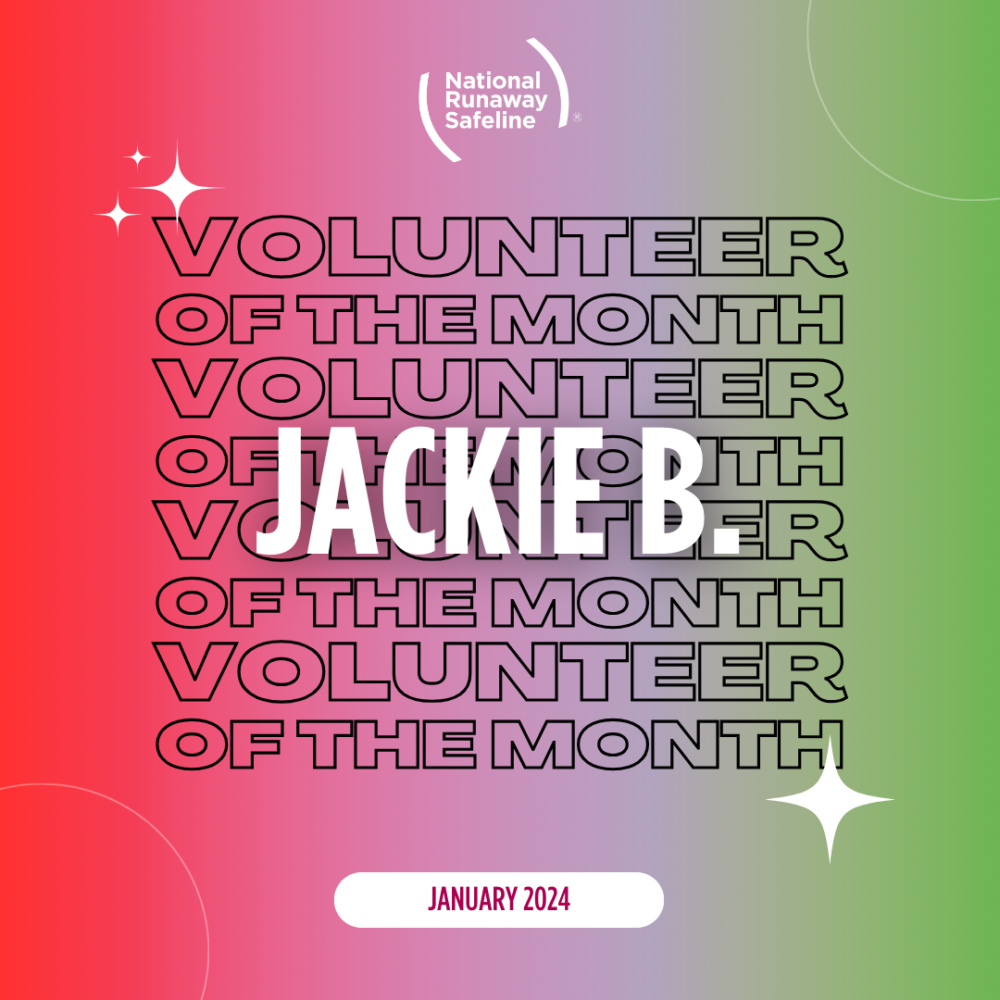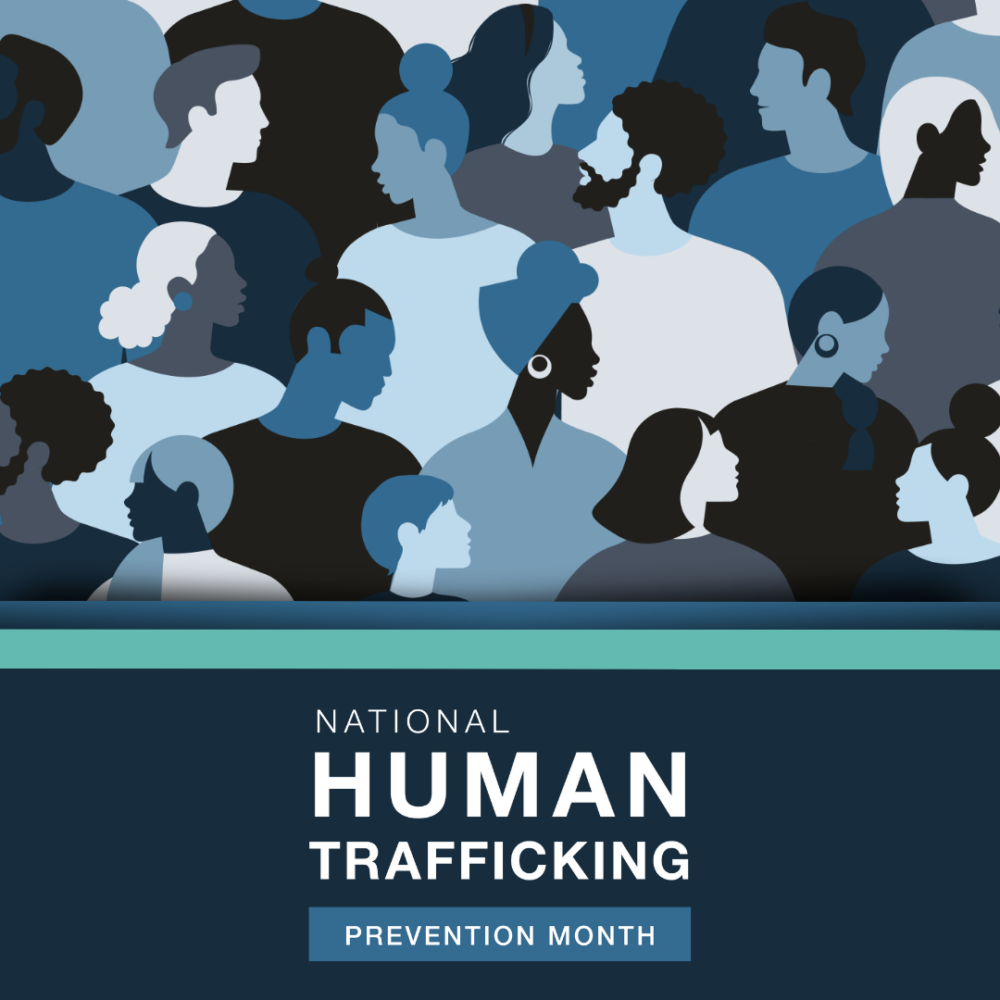
Supporting Youth Who Identify as LGBTQIA2S+
Youth who identify as LGBTQIA2S+ (Lesbian, Gay, Bisexual, Transgender, Queer or Questioning, Intersex, Asexual, Two-Spirit, and other gender and sexual identities) face unique challenges, often systemic, that can lead to homelessness or make them feel left with no other choice but to running away for their safety and well-being. Understanding these challenges and knowing how to provide support can make a significant difference in their lives.
LGBTQIA2S+ youth are disproportionately affected by homelessness. According to the True Colors Fund, up to 40% of homeless youth identify as LGBTQIA2S+. These young people may face rejection from their families, discrimination in housing and employment, and a lack of supportive resources. This environment of rejection and discrimination can lead to mental health issues, substance abuse, and a higher risk of victimization on the streets.
